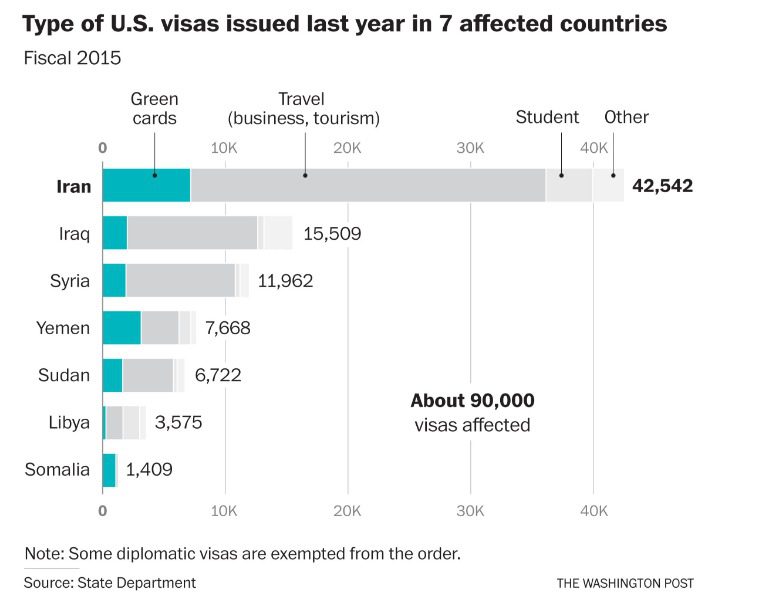Real Humans of the University of Georgia Terry College of Business

The University of Georgia can seem daunting from a distance. With nearly 40,000 total students, it is the largest university in the entire state, with over 400 buildings attached to its name spread across 30 Georgia counties. The university offers an impressive 140 degrees from its 17 constituent schools, including the C. Herman and Mary Virginia Terry College of Business, located on the main campus in Athens. Because of this, one may expect the size its MBA classes to be quite intimidating. But despite the grand scope of UGA, Terry MBA students have an intimate setting and an even more surprising bonus: extensive affordability.

Tuition for in-state full-time MBA students at the Terry College of Business starts at a comfortable $13,404 per year, while non-Georgia residents pay $32,112 per year. Compared to the tuition costs of some of the state’s other well-known universities, such as Emory ($124,000 for the entire two-year MBA), the price tag is relatively paltry. In fact, the Terry College of Business full-time MBA program is one of only five in the U.S. News & World Report top 50-ranked business schools that offers yearly in-state tuition under $15,000.
Alongside the impressive affordability, UGA Terry MBAs boast some eye-popping career statistics. Roughly 90 percent of the Class of 2018 was employed within just three months of graduation, reporting an average starting salary of $90,250 and an average signing bonus $14,214. When factoring in the meager tuition rates, it becomes readily apparent that the Terry MBA is one of the best returns on investment not just in Georgia, but in the U.S. as a whole.
But what kind of students make up the UGA Terry College of Business MBA Class? On the surface, the statistics may seem familiar. Just over 100 students are currently enrolled in the business school’s full-time MBA program, with nearly 66 percent male students and 34 percent female students. Those enrolled in the program boast an average GMAT score of 665 with a relatively high undergraduate GPA of 3.53. The vast majority of students in the class come from Georgia at 50 percent, while 25 percent of students are of international status. However, statistics like these could hardly tell the rich and complex stories of each individual student enrolled at UGA Terry.
To get a greater understanding of what it means to be a UGA Terry MBA, we spoke with several current students, including a former Army intelligence officer, a Fulbright recipient, and a Minneapolis marketing guru, alongside many other promising future grads. Read on to see their stories and what the future may hold for life after an MBA.
USC Marshall MBA Alum Talks Myanmar Business Opportunities

Sometimes, success is about being at the right place at the right time. That was the case for Paul Wilson, an ’94 IBEAR MBA graduate from the USC Marshall School of Business and the Managing Director of Four Rivers—a Myanmar-based consulting company building businesses in Myanmar, Russia, India, Iraq and the UAE. Using his MBA and military background, Wilson has had the unique opportunity to influence the emerging Myanmar economy. Continue reading…
Sloan Develops Algorithm To Spot Likely ISIS Members on Twitter

MIT Sloan recently looked into how a Ph.D. candidate and 15-year Army veteran Christopher Marks, along with KDD Career Development Professor in Communications and Technology Tauhid Zaman, built a machine-learning model that identifies likely Islamic State of Iraq and Syria (ISIS) members on Twitter.
Seattle Pacific University President Responds To Trump Travel Ban

With 100 undergraduate and 60 graduate students representing around 35 countries, Seattle Pacific University may as well be considered an international university. So, it comes as no surprise that when President Trump implemented his executive order to impose a travel ban to the United States for citizens of Iraq, Syria, Iran, Sudan, Libya, Somalia and Yemen, the University didn’t remain quiet. Instead, school President Dan Martin sent a message to every international student and all students, faculty and staff with friends and family overseas. Continue reading…
Trump Immigration Ban Stranding Business Students, Employees

On Friday, January 27, U.S. President Donald Trump signed his most prominent executive order of his early term; an effective Middle East immigration ban for at least 90 days.
The public outcry was defiantly swift and disruptive, with mass protests breaking out in airports across the country. In New York City, the New York Taxi Workers Alliance suspended all travel to JFK International Airport during the height of the protests, in which the United States effectively began turning away immigrants from Libya, Sudan, Somalia, Yemen, Syria, Iran and Iraq.
The implications are immeasurably vast. Prominent companies like Deloitte, McKinsey & Co. and Google—all of which hire many MBA graduates—have informed employees subjected to the terms of the ban, which also includes dual-citizens of the seven aforementioned countries, to cancel international travel plans for the time being.
Omid Scheybani, an MBA from the Stanford Graduate School of Business (GSB), spoke with Bloomberg after it became apparent he wouldn’t be leaving the country any time soon either. Scheybani, a dual-citizen of Germany and Iran, is stuck in California for now.
“I was invited to a wedding in Colombia, plans that I will probably cancel over the next few days,” he said in the interview. In March he was also planning a trip to Italy for first-year students. “It’s uncertain whether I will be able to attend, to lead this trip as well.”
Iran-born Khash Sajadi, also highlighted in the Bloomberg story, is the CEO of internet startup company Cloud 66. The 41-year-old works between London and San Francisco, but the ban has already warped plans to meet with clients stateside.
“That’s the problem we have now, we don’t know what to plan against,” he said. Sajadi hasn’t been to Iran in 11 years. His father, who lives in Iran, canceled a vacation to visit him and his two sisters, who also live in the U.S.
The Washington Post reports that around 90,000 people were directly affected from the immigration ban just between Friday and Sunday, January 29. This is in direct contrast from the White House, which claimed that 109 were affected. The 90,000 people, per the chart below, earned non-immigrant or immigrant visas according to the State Department in 2015. Visas, such as those for student, business and tourism purposes, only last for a finite period of time.

The chart above does include those who have dual-citizenship with any of the seven countries, which also numbers in the tens of thousands according to the State Department.
Of course, business students and employees aren’t the only ones included in those stark numbers. Students by-and-large are stranded across the country because of the immigration ban. And the implications of what is yet to come continues to flare the situation.
“If this could happen now—what does this mean if I were to be traveling for research or study abroad?” said Nate Mouttet, Seattle Pacific University Vice President For Enrollment Management. “Or if I am trying to come back into the country as someone who had a clear visa—will I be detained and not allowed back in?”
Stay tuned for more details as the situation continues to unfold.
